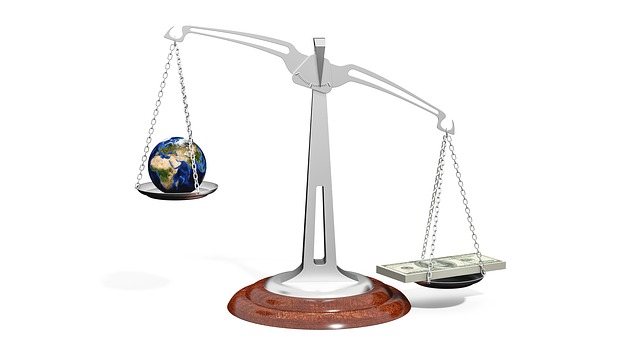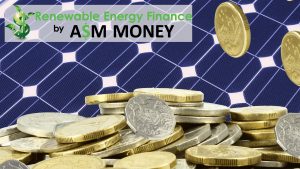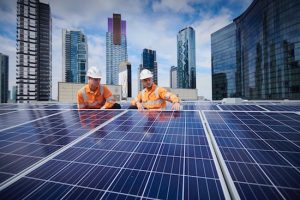Recent actions by solar vendors and their sales team made me ask ‘Do solar vendors and their sales people really care about the environment?’
- I attended a sales meeting with a solar vendor recently & was shocked when the commercial sales manager told the sales team ‘only sell systems under 30kW – I will not accept orders for larger systems’
- To promote an idea we had on transport sustainability I called a bus manufacturer whose website promoted their leadership in electric buses. The salesperson said ‘don’t bother with electric, mate. I have a few current models on the floor we can have in your yard next week’
- I am seeing regular social media posts by solar vendor owners talking about themselves rather than the impact their business is having on their clients sustainability goals and the environment.
Corporate responsibility & environmental awareness is growing as an integral part of a commercial organisation’s success.
A good example is Panasonic.
Panasonic moved to a new campus in Newark to help meet their corporate responsibility. In addition to energy production from renewable sources, they were able to report a reduction in the number of employees commuting to work by car by 50% and reduce the number of single passenger commutes from 88% to 36% reducing the number of petrol driven vehicles on the road each day by over 500.
Corporate responsibility is simply a way for companies to take responsibility for the social and environmental impacts of their business operations. While most commercial organisations talk a lot about the importance of the environment, very few do anything other than consider solar or wind. The reason for this is vendors lead with the benefits of a government subsidy, create the fear of missing out, and hope this will drive a quick sale.
Key Challenges
A key challenge we see in today’s market is lack of trust in vendors of sustainable solutions. A good example is a commercial organisation we have recently been engaged with who installed a 30kW solar system being promised enormous savings by the vendor. Six months later they stopped their lease payments as their system was not working. After a brief audit it was obvious where the problem lay. The system did work, it was just 250kW smaller than required to meet the objectives set in the original proposal. The sales person wanted a quick sale, received their commission and moved on.
It seems many ‘sustainable products’ vendors are focused on other things.
Sustainable energy assets, like solar and wind, are unique in that they are the only asset a commercial organisation will install that generates and income. Presenting proposals for these assets, for an organisation caring for the environment, needs to address more than just a potential short-term economic benefit. Commercial organisations who embrace sustainability are looking at energy savings, increased productivity, increased employee engagement & retention as well as adding to their marketing and brand value.
And, of course, salespeople who address commercial
Talk to ASM Money about renewable energy finance.
By Greg Ferrett, CEO ASM Money




